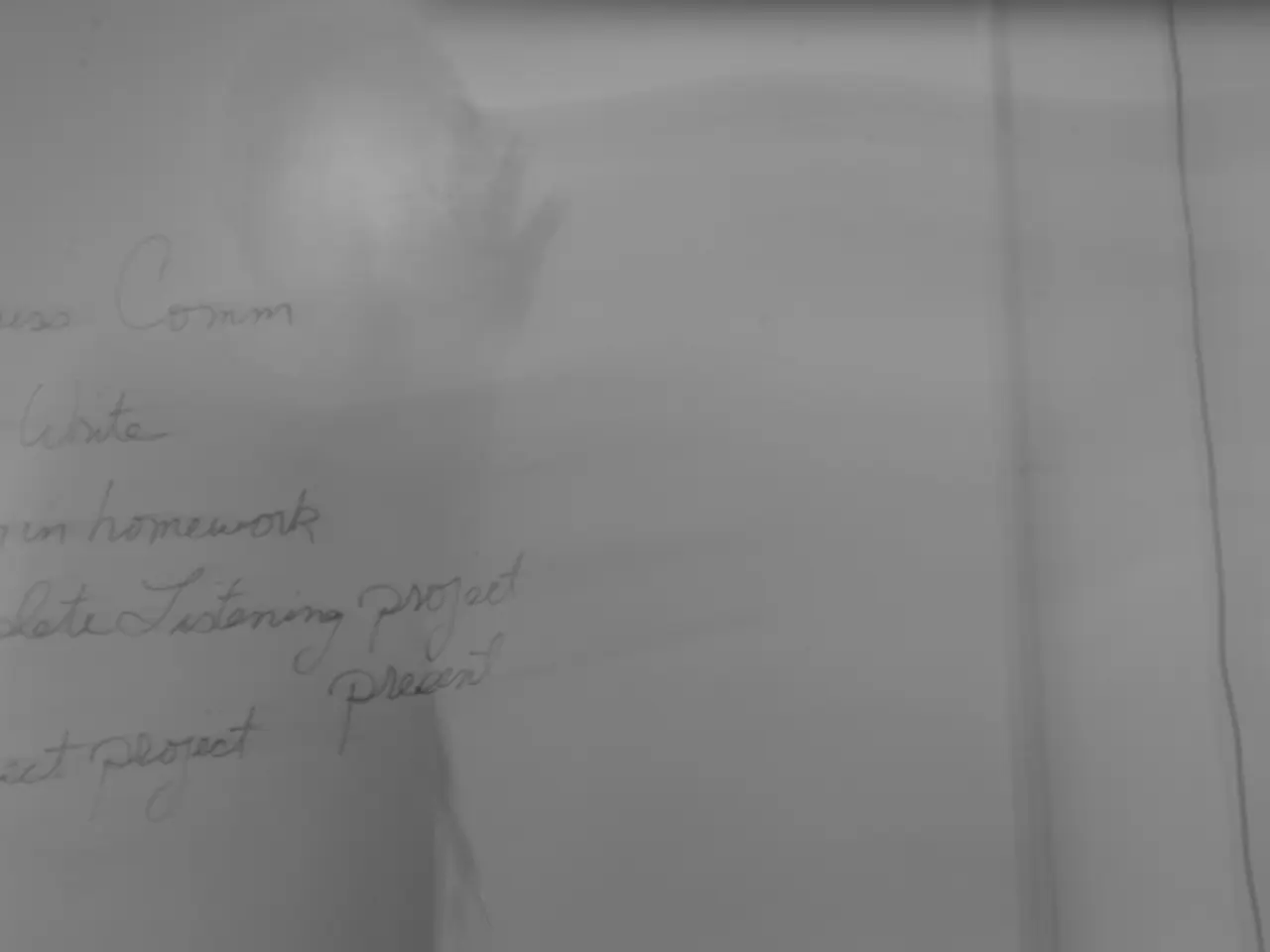Steel Giants Vie for a Greener Future: Germany's Sustainable Steel Champions
Three German manufacturers persist in transforming their steel production methods to eco-friendly processes
German steel stalwarts Thyssenkrupp Steel, Salzgitter, and the Stahl-Holding-Saar (SHS) are standing firm on their quest for climate-friendly steel production, defying competitors like ArcelorMittal. It's a battle for the future of steel in Germany, one that's becoming increasingly crucial as the world strives to combat climate change.
Thyssenkrupp Steel: Stepping up the Green Pace
"We won't back down," says a spokesperson for Thyssenkrupp Steel, firmly affirming the construction of its innovative direct reduction plant at Duisburg. This green behemoth will replace two blast furnaces by 2030, starting with natural gas and eventually running on green hydrogen. Construction of the facility commenced, with approximately €2 billion in funding coming from the federal government and the state of North Rhine-Westphalia.
However, the company acknowledges that the project's viability remains questionable. "It's a game of economics, and we're playing the long game," the spokesperson concedes.
Salzgitter: Playing Chip for the Long Haul
Salzgitter is also going green with gusto. It plans to replace its three coal-fired blast furnaces with facilities running on natural gas before switching to green hydrogen. The transformation project, set to reach completion by 2033, will cost more than €2 billion. Recent progress on this front has been impressive, with the conversion process underway since 2023.
"We're moving forward as planned," emphasizes a Salzgitter representative, despite the financial challenges.
The Green Tide: Overcoming Challenges and Transforming Industries
The path toward green steel isn't without difficulties, however. Steel companies face fierce competition from lower-cost producers, particularly in China. Germany's expensive hydrogen and higher electricity costs have dampened the feasibility of green hydrogen production. Moreover, declining demand within the EU has further strained the sector's profitability.
Despite these hurdles, both Thyssenkrupp Steel and Salzgitter see continued investment in the hydrogen economy and reduced electricity prices as key solutions. A balance between financial and environmental sustainability lies at the heart of their ongoing transformation. Unfortunately, ArcelorMittal has already bowed out of the race, refraining from transitioning its Bremen and Eisenhüttenstadt plants to coal-free production.
Stahl-Holding-Saar (SHS): Moving Forward with Green Ambitions
Though information on SHS's concrete plans for green steel is less evident in available search results, SHS – composed of steel companies Dillinger Hüttenwerke and Saarstahl – has publicly declared its commitment to CO2-reduced steel production. The transition is expected to cost around €4.6 billion in total, with the federal government and Saarland wanting to allocate around €2.6 billion for the project.
The Voice of Labor: IG Metall Applauds Green Steps, Rings Alarms
Since ArcelorMittal abandoned its commitment to green transformation, labor union IG Metall has spoken up, loudly and clear. The organization views this decision as "short-sighted," "economically ill-advised," and "irresponsible in terms of employment and broader societal effects." IG Metall calls upon the federal government to convene an emergency summit for the steel industry to address these challenges, reassess the industry's future, and secure thousands of jobs in Bremen and Eisenhüttenstadt.
In the end, the move toward sustainability seems both imminent and fraught with difficulty for Germany's steel industry. While challenges abound, industry leaders Thyssenkrupp Steel, Salzgitter, and SHS are determined to forge ahead, intertwining their economic survival with the fate of the planet.
- The finance sector, aware of the challenges and opportunities presented by the green transition, is closely monitoring the investments made by steel giants like Thyssenkrupp Steel, Salzgitter, and SHS in their quest for sustainable steel production.
- As the energy sector shifts towards greener alternatives, the finance industry eyes the potential for profits by investing in innovations such as direct reduction plants, green hydrogen production, and the transformation of blast furnaces in the steel industry.




